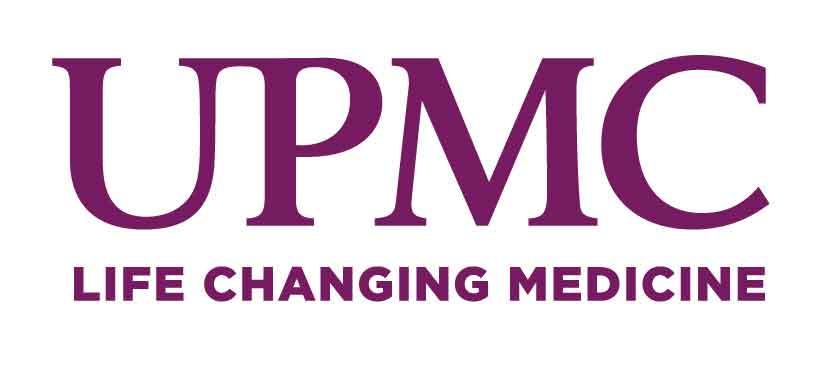UPMC: UPMC Launches First Tele-Emergency Department (Tele-ED) in Pennsylvania at UPMC Kane
UPMC is leveraging its clinical expertise and innovative technology to launch the first tele-Emergency Department (Tele-ED) in Pennsylvania at UPMC Kane in McKean County. In line with the Pennsylvania Department of Health guidelines announced on March 2 to increase patient access to care through innovative delivery models, UPMC created a first-of-its kind in Pennsylvania rural health care approach that will allow access to excellent emergency medical care at UPMC Kane.
“UPMC is committed to advancing access to quality health care for all our patients, wherever they live and work,” said Donald M. Yealy, M.D.,UPMC chief medical offiicer and hair of the Department of Emergency Medicine at UPMC and the University of Pittsburgh School of Medicine. “This new model of care will meet the needs of the community, today and into the future, while using all available resources across our deep and talented workforce.”
MicrosoftTeamsimageresize
UPMC Kane is partnering with UPMC Hamot in Erie to create an emergency medicine collaboration using advanced telemedicine technology. Board-certified emergency medicine physicians located at UPMC Hamot, 94 miles away in Erie, partner with on-site, trained advanced practice providers (APPs) at UPMC Kane, 24 hours a day, seven days a week, to provide the best care for all who seek it.
“Bedside care is delivered by physician assistants (PAs) and certified registered nurse practitioners (CRNPs) at UPMC Kane using advanced video, audio and examination technology to connect patients seamlessly and quickly with board-certified emergency medicine physicians at UPMC Hamot,” said Mark Papalia, UPMC Kane president. “Together, the APP and physician diagnose and care for the patient.”
UPMC Kane is an acute care hospital located in a remote, rural community with an average daily inpatient census of five to six hospitalized patients and approximately 6,000 total emergency department visits each year. UPMC Hamot is the advanced tertiary care regional hub for UPMC in northwest Pennsylvania and southwest New York caring for nearly 70,000 patients in the emergency department annually. UPMC Hamot provides high-level specialized care and is a Level II trauma center, the only accredited trauma center in the Erie region.
“Accessibility and long-term sustainability are the driving forces behind UPMC Kane’s innovative model,” said Yealy. “In rural communities across the country, the ratio of physicians to patients is approximately half that of suburban and urban areas. More than 100 rural hospitals closed across the country over the past decade in part because of recruitment challenges. Much of rural America is medically underserved creating the necessity for new models of care to improve access to and quality of health care.”
This innovation for rural health care delivery results from careful planning and training within the UPMC Kane transformation plan to improve rural health care and enhance access, as part of its enrollment in the Pennsylvania Rural Health Model. As a participating hospital of the initiative, the Pennsylvania Department of Health and Centers for Medicare & Medicaid Services (CMS) permitted UPMC Kane to pursue Tele-ED program development and launch in Pennsylvania in advance of the Commonwealth’s March 2 rural health guidelines announcement.
“UPMC Kane has been successfully operating a similar inpatient tele-hospitalist program since May of 2021,” said Papalia. “The program is in partnership with the UPMC Center for Community Hospitalist Medicine. Through this technology innovation, inpatients receive virtual rounds and on-demand consultation access with UPMC’s vast network of physicians and advanced clinical resources.”
Alike to a Tele-ED, the tele-hospitalist program enhances and improves rural health care through a sustainable, vibrant and transformational new model of care.
“UPMC remains committed to creating the highest levels of access and quality care for patients in every community we serve,” added Yealy. “This new model of Tele-ED care represents looking ahead by designing sustainable models of health care delivery for the future that also serve our patients’ needs today. We are here to care for our communities and provide even greater access to the excellent care and expertise of UPMC.”

